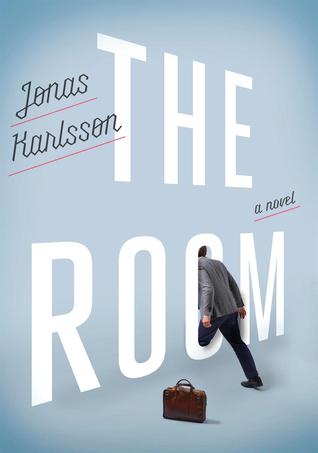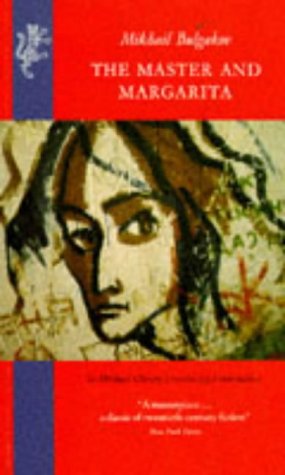Jorge Luis Borges declared The Invention of Morel a masterpiece of plotting, comparable to The Turn of the Screw and Journey to the Center of the Earth. Set on a mysterious island, Bioy's novella is a story of suspense and exploration, as well as a wonderfully unlikely romance, in which every detail is at once crystal clear and deeply mysterious.
Inspired by Bioy Casares's fascination with the movie star Louise Brooks, The Invention of Morel has gone on to live a secret life of its own. Greatly admired by Julio Cortázar, Gabriel García Márquez, and Octavio Paz, the novella helped to usher in Latin American fiction's now famous postwar boom. As the model for Alain Resnais and Alain Robbe-Grillet's Last Year in Marienbad, it also changed the history of film.
Goodreads description
The Invention of Morel is one of those books which exist on the boundary of genres - magic realism, science fiction, philosophical fiction. But that does not matter, so often the best books are the most uncategorisable. This is an amazing book: only 100 pages long and yet so full of ideas, published in 1940 and yet so modern, indeed it is prescient in some of the ideas and themes, and as for the plot, well all I can say is Borges was right, this is a masterpiece.
The book is written as a journal by a fugitive from the law, who in order to escape his punishment comes to an island that has the reputation of being a place of death, where everything, including anyone who visits, is dying. What crime the fugitive has committed (if any) is not made clear. Bioy Casares' approach is a class example of "less is more" in writing. A lesser writer might have been tempted to create a backstory, but by not doing so Bioy Casares not only keeps the story lean and to the point, but also introduces doubt and allows us to project our ideas on to the story.
One day the fugitive sees a group of people in the villa, known as the museum, on the hill that overlooks the island. Among these newcomers is a beautiful woman, Faustine, with whom the fugitive falls in love from a distance. As detailed in the Goodreads description, Faustine was inspired by the author's obsession with the silent movie star Louise Brooks.
‘To be on an island inhabited by artificial ghosts was the most unbearable of nightmares—to be in love with one of those images was worse than being in love with a ghost (perhaps we always want the person we love to have the existence of a ghost).’
The fugitive's account has a nightmare quality. He is both terrified that he will be discovered - indeed that the whole thing is a cruel trick on him by his pursuers - and unable to interact with Faustine and the others. He watches them from behind curtains, inside giant urns and as he realises that they cannot or will not see him. Then there are strange occurences - people appear and disappear, scenes are re-enacted, there are two suns in the sky, objects reappear in exactly the same place as a week earlier. And then there is the constant sense of death and decay - dead fish in the swimming pool, flowers wilting, etc. We and the fugitive begin to wonder what is real. Bioy Casares introduces some footnotes by a fictional editor just to add another level of uncertainty.
The most complete and total perception not only of the unreality of the world but of our own unreality: not only do we traverse a realm of shadows, we ourselves are shadows.
There is a reason for these strange occurences and that is the invention of Morel (Morel organised the group's island trip). More than that I cannot tell you without spoiling the book, although knowing will not prevent me from reading the book again. However I will read it with a different eye, seeing, I am sure, the brilliantly plotted clues that I missed or misread the first time, and enjoying the development of philosophical themes.
I commend this book to you.
I commend this book to you.
PS If this reminds you of the TV series Lost, it probably should do. The series seems to have been influenced by the novella, and if you look closely that influence is acknowledged on the screen when Sawyer is shown reading the book. But then as the Goodreads description says this is a hugely influential novel.






